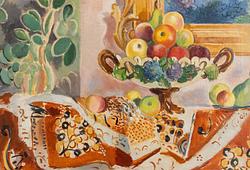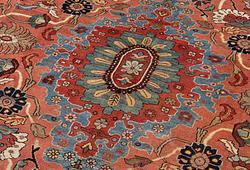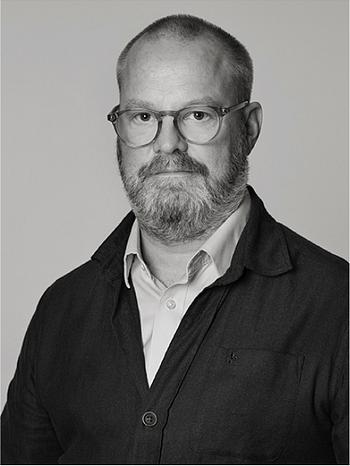Anders Zorn
Anders Zorn, "Christian Aspelin"
Etching, 1884, signed in pencil and dated 1909. Plate 13.4 x 7.9 cm.
Not examined out of the frame, somewhat discoloured.
Kirjallisuus
Asplund 23, Hjert & Hjert 21.
Muut tiedot
Christian Henrik Thomas Aspelin, born on 29 July 1830 in Stockholm, died in Västanfors on 6 July 1919, was a Swedish industrialist and manager. His grandfather was the tobacco manufacturer and sugar mill owner Thomas Andreas Aspelin.
Aspelin was born in Stockholm as the son of the mill owner Thomas Aspelin and his wife Jeanna Persson. He was a student at the Falu School of Mines from 1855 to 1856, at Ultuna from 1858 to 1859, and took over the family mill Fagersta in the early 1860s, which was transformed into a limited company in 1873 with Aspelin as manager until 1907.
Aspelin was a member of the Iron Office from 1897 to 1907, receiving its large gold medal in 1897, and was a member of the second chamber of the Swedish Parliament for the northern constituency of Västmanland County from 1879 to 1881. Under Aspelin's leadership, Fagersta mill developed from a typical wrought iron mill into a modern ironworks with steam hammers, producing saw blades, springs, and wire lines. From the 1890s, they also manufactured rolled steel tubes, velocipede and cold-drawn boiler tubes, among other products. He also introduced the Martin process at the mill.
Aspelin contributed to the general development of Swedish iron production and secured the mill's trademark, the lily stamp, a reputation for high and reliable quality worldwide, and the mill won a number of awards at various world exhibitions.






























